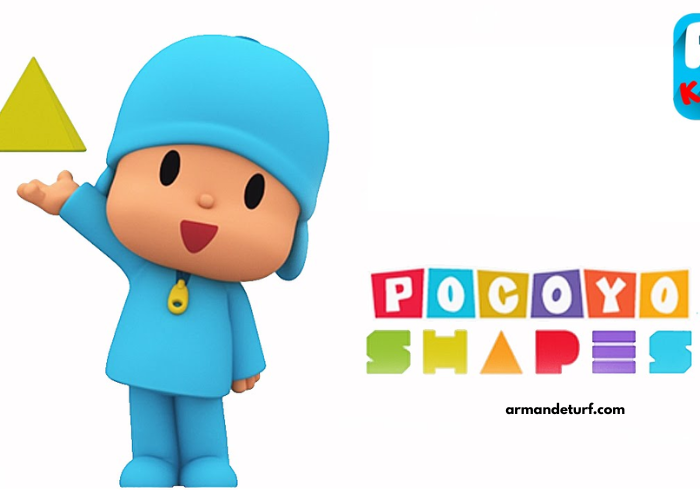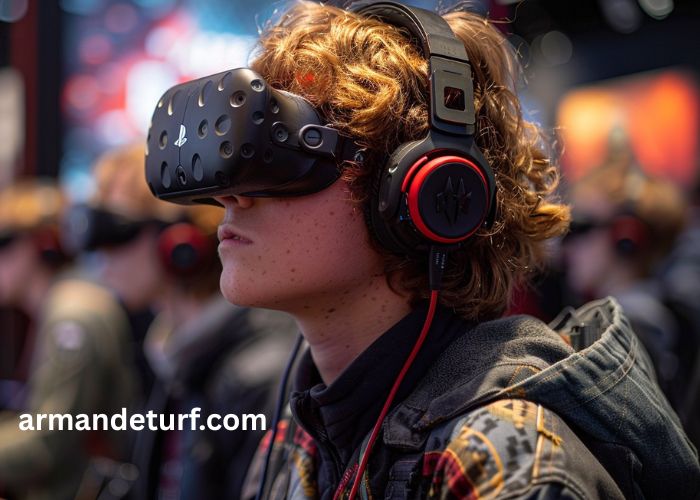How Entertainment Shapes Modern Culture Today
Entertainment has always been a cornerstone of human civilization, evolving with each generation to reflect changing values, technology, and societal structures. In modern times, entertainment has become an integral part of daily life, impacting everything from how we communicate to how we form our identities. In this article, we will explore the powerful influence of entertainment on modern culture, discussing its role in shaping social norms, economic trends, and even personal behavior.
The Evolution of Entertainment and its Influence
Entertainment has existed in various forms throughout history, from live performances and theater to written stories, music, and modern digital experiences. As society evolved, so did the mediums through which people consumed entertainment. Today, with the advent of television, movies, video games, social media, and streaming platforms, entertainment is more accessible and influential than ever.
From Traditional Forms to Digital Revolution
In the early days, entertainment was largely limited to live events such as theater performances, music concerts, and public spectacles. These forms of entertainment brought people together in physical spaces, fostering a sense of community and shared experience. As technology advanced, the development of radio and television brought entertainment into the homes of millions, offering a new form of passive consumption.
However, the real shift came with the rise of the internet and digital media. With the advent of smartphones, streaming services, and social media platforms, entertainment became mobile and accessible at any time, anywhere. This transformation has radically changed how people interact with content and how they engage with the world around them.
The Role of Social Media in Shaping Modern Culture
Social media platforms like Facebook, Instagram, Twitter, and TikTok have given rise to new forms of entertainment that are personalized, interactive, and often created by the users themselves. These platforms are more than just a way to stay connected—they are powerful tools for self-expression and cultural exchange. Through memes, viral trends, and user-generated content, social media plays a central role in shaping the cultural landscape today.
Influence on Communication
Social media has revolutionized communication, turning it into a real-time, highly visual, and interactive experience. Platforms like Twitter allow users to voice opinions, share experiences, and comment on global events. The sharing of personal stories, political opinions, and pop culture commentary has turned ordinary people into influencers, giving them the power to shape public opinion and cultural trends.
Shaping Trends and Movements
Social media is also a breeding ground for cultural movements and trends. Hashtags like #MeToo and #BlackLivesMatter, for example, have sparked global conversations about gender equality and racial justice, demonstrating how entertainment and social media can intersect to bring about social change. In the realm of entertainment, viral challenges and memes can quickly go from obscure to mainstream, shaping what people wear, how they speak, and even the music they listen to.
The Economic Impact of Entertainment
Entertainment is not just an avenue for cultural expression; it is a major economic driver in the modern world. From the creation of blockbuster films to the launch of new video games and the rise of influencer marketing, the entertainment industry has a profound impact on the global economy.
The Growth of the Streaming Industry
The advent of streaming platforms such as Netflix, Hulu, Amazon Prime, and Disney+ has revolutionized the way people consume television and film content. No longer confined to traditional cable TV or movie theaters, consumers now have on-demand access to an ever-growing library of content. This shift has created new opportunities for creators and businesses while also reshaping traditional distribution models.
Streaming platforms have not only disrupted traditional television networks but also provided a direct route for independent filmmakers, animators, and showrunners to reach global audiences. This democratization of entertainment production has led to a boom in diverse content, with creators from all over the world showcasing their work.
The Power of Influencer Culture
Influencers, who build their brands primarily on social media platforms, have become key players in modern entertainment. Brands and companies are increasingly partnering with influencers to promote their products, recognizing the immense reach and trust influencers have with their followers. This has led to the rise of a new kind of celebrity—one who often has more power to shape trends and opinions than traditional stars.
The influencer economy is vast, with YouTubers, Instagram personalities, and TikTok stars earning millions from brand deals, collaborations, and merchandise sales. As these influencers continue to gain prominence, their ability to influence consumer behavior and cultural trends will only grow.
Video Games and Interactive Entertainment
Another powerful sector in the entertainment industry is video gaming. What was once a niche pastime has grown into one of the largest and most lucrative industries globally. According to recent statistics, the video game industry is worth more than the film and music industries combined, making it a dominant force in entertainment.
Video games have evolved into complex, immersive experiences, offering not only entertainment but also opportunities for social interaction, education, and even professional careers. eSports, competitive video gaming, has emerged as a multi-billion-dollar industry, with tournaments attracting millions of viewers and professional gamers earning substantial salaries.
Interactive entertainment has also extended to virtual reality (VR) and augmented reality (AR), which are providing new ways to engage with content. As these technologies continue to advance, they are set to reshape the entertainment landscape even further.
Entertainment and Identity Formation
One of the most profound ways entertainment shapes modern culture is through its role in identity formation. People often turn to movies, television shows, music, and social media to understand who they are and how they fit into the world. Through entertainment, individuals explore different perspectives, cultures, and lifestyles, helping them make sense of their own identity.
Representation and Diversity
The importance of representation in entertainment cannot be overstated. In the past, many people saw themselves reflected in media through narrow, stereotypical lenses. However, in recent years, there has been a push for more diverse and inclusive representation across all forms of media.
Today, we are seeing an increasing number of films, television shows, and advertisements that reflect the diversity of the real world. This includes representation of different races, ethnicities, sexual orientations, gender identities, and physical abilities. By providing a wider array of stories and characters, entertainment helps individuals from marginalized communities feel seen and valued, contributing to a more inclusive society.
Impact on Personal Identity
Entertainment plays a key role in how individuals perceive themselves and their place in society. Music, for instance, can shape one’s cultural identity, with people identifying with particular genres or artists that resonate with their personal experiences. Similarly, television and film often influence how we view ourselves in relation to societal expectations.
The characters people relate to, the lifestyles they aspire to, and the values that are portrayed in their favorite entertainment all contribute to shaping their personal beliefs and identities. This is especially true for younger generations who are growing up with unprecedented access to diverse media.
Socialization and Group Identity
Entertainment also influences the formation of group identities. Fans of particular television shows, movies, or video games often bond over shared interests, forming communities online and in-person. These fan communities can be incredibly influential, shaping everything from fashion trends to political ideologies.
For instance, the “Star Wars” fandom has had a profound cultural impact, with fans adopting the franchise’s values and symbols into their personal lives. Similarly, the rise of superhero movies and the Marvel Cinematic Universe has fostered a global community of fans who share a common cultural language and sense of identity.
The Dark Side of Entertainment
While entertainment has many positive impacts on society, it is important to acknowledge that it also has potential drawbacks. The overconsumption of entertainment, particularly passive consumption through social media, can contribute to issues such as addiction, mental health problems, and a lack of critical thinking.
Unrealistic Standards
Entertainment often sets unrealistic standards, particularly in the realms of beauty, success, and happiness. These portrayals can negatively impact people’s self-esteem, especially when they feel they do not measure up to the idealized images they see on screen or online.
Desensitization to Violence
Another concern is the desensitization to violence and harmful behaviors, particularly in video games and action movies. Prolonged exposure to violent content may contribute to increased aggression or a diminished sense of empathy, especially in young audiences who are still developing their understanding of right and wrong.
Conclusion: Entertainment as a Catalyst for Change
Entertainment is far more than a mere pastime—it is a powerful force that shapes modern culture in profound ways. Through its influence on communication, economics, identity formation, and social movements, entertainment has the ability to reflect and even alter the values of society. As technology continues to advance, the future of entertainment promises even greater opportunities for innovation and cultural transformation.
However, with this power comes responsibility. As consumers, creators, and influencers, it is important to recognize the role that entertainment plays in shaping our world and to use it thoughtfully. By promoting inclusivity, diversity, and critical thinking, we can ensure that entertainment remains a force for positive change in modern culture.



